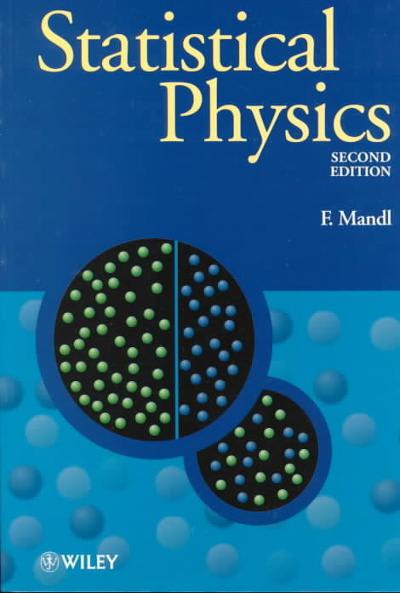Question
Please, do not forget to SHOW ALL YOUR WORK and Calculations and Also explain your answers. Total: 7 questions. QUESTIONS: 1. What would be the
Please, do not forget to SHOW ALL YOUR WORK and Calculations and Also explain your answers.
Total: 7 questions.
QUESTIONS:
1. What would be the final temperature of a mixture of 100 g of water at 20 C temperature and 150 g of water at 40 C temperature?
2. Suppose that a brass rod 2.0 m long expands 0.2 cm when its temperature is increased a certain amount. By how much will a brass rod 80 m long expand with the same change in temperature?
3. Steel expands 11 parts in a million for each 1 degree Celsius change. Think about the 1. 3 km main span of steel for the Golden Gate Bridge. If the span had no expansion joints, show that the span would be 0.21 m longer for a 15 degree Celsius increase in temperature. (Use the formula: change in L = ("coefficient of expansion")( initial L )( change in T) ).
4. At a certain location, the solar power per unit area reaching Earth's surface is 200 W/ m^2, averaged over a 24-hour day. If the average power requirement in your home is 3 kW and you can convert solar power to electric power with 10 % efficiency, how large a collector area will you need to meet all your household energy requirements from solar energy? (Will a collector fit in your yard or on your roof? ).
5. In lab you submerge 200 g of 50 degree Celcius iron nails in 500 g of 22 degree Celcius water (the specific heat of iron is 0.12 cal/g degrees Celcius)
Equate the heat gained by the water to the heat lost by the nails and find the final temperature of the water (TF).
6. A hot, just minted copper coin is placed in 100 gr of water to cool. The water temperature changes by 8 degree Celsius, and the temperature of the coin chages by 70 degree Celsius. What is the mass of the coin?(Specific heat capacities: Water: 4.18 J/gr C and Copper: 0.385 J/grC).
7. A 26 grams silver ring (specific heat capacity: 234 J/Kg C) is heated to a temperature of 83.7 C and then placed in a calorimeter containing 0.05 Kg of water at 23.8 C. The calorimeter is not perfectly insulated, however, and 0.14 kJ of energy is transferred to the surroundings before a final temperature is reached. What is the final temperature?
Step by Step Solution
There are 3 Steps involved in it
Step: 1

Get Instant Access to Expert-Tailored Solutions
See step-by-step solutions with expert insights and AI powered tools for academic success
Step: 2

Step: 3

Ace Your Homework with AI
Get the answers you need in no time with our AI-driven, step-by-step assistance
Get Started


